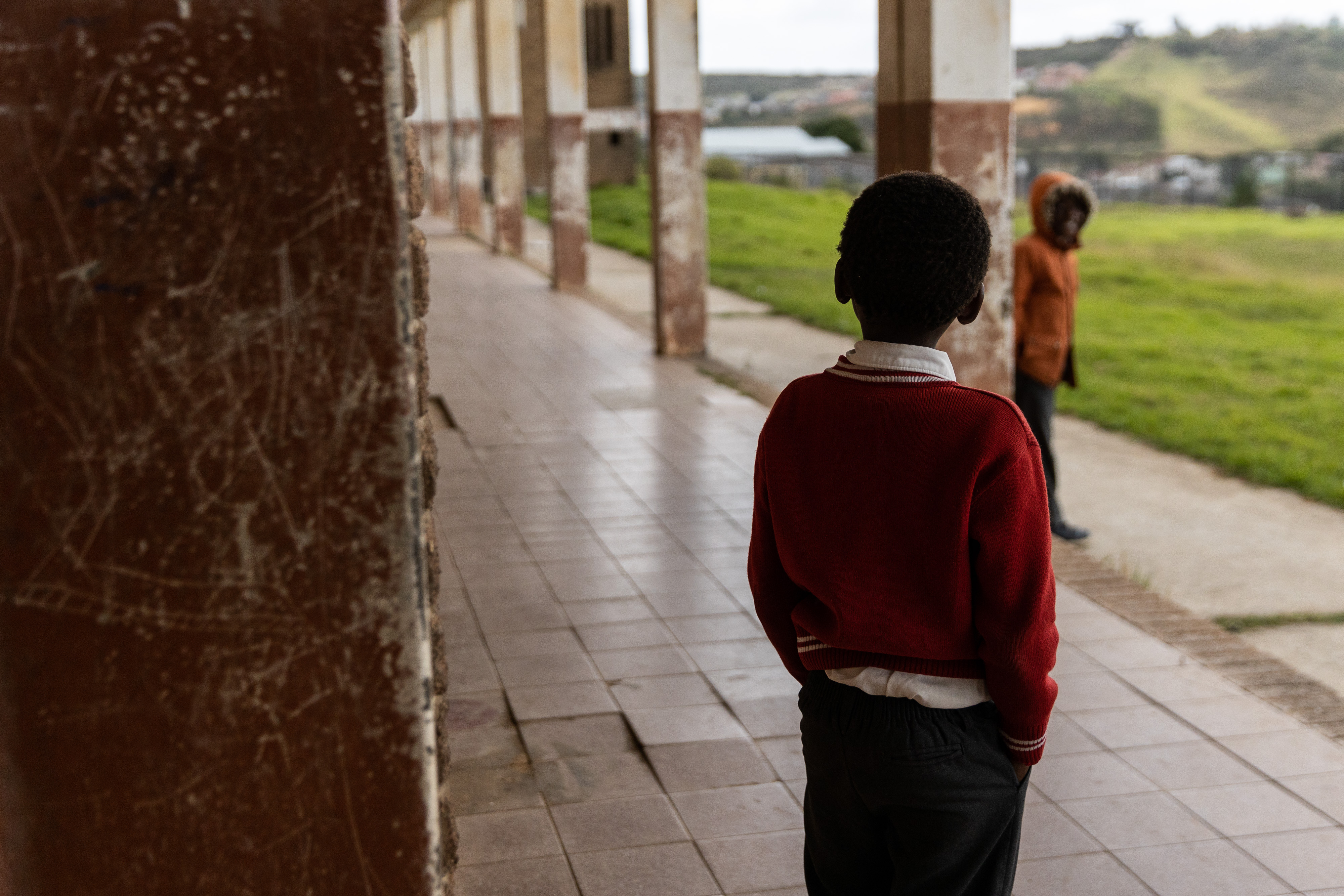The Department of Basic Education confirmed on Sunday, 19 May, that the National Assembly passed the controversial Basic Education Laws Amendment Bill on Friday. The Bill was passed by 223 votes against 78.
On Wednesday, 15 May, the Portfolio Committee on Basic Education concurred with and adopted the additional amendments made by its sister committee in the National Council of Provinces (NCOP) to the Bill.
Committee chairperson Bongiwe Mbinqo-Gigaba said the committee was informed on Wednesday that the NCOP had adopted the Bill and referred it to the National Assembly for further processing after making slight amendments.
The Bill seeks, among other things, to make Grade R the new compulsory school starting age; to provide penalties for parents and guardians who do not ensure that their children are in school; and to confirm that corporal punishment is no longer allowed in schools, with penalties for those found guilty of such offences.
Read more in Daily Maverick: From sex education to alcohol sales and minority languages, Bela Bill gets roasted
In the adopted amendments, provincial education department heads retain the final authority on admissions and in guiding the number of mediums of instruction that public schools may use. The committee was assured that all versions of the Bill presented complied with the Constitution and court rulings.
“The latest amendments were made due to persuasion by stakeholders’ input received by the select committee. That is, after all, the whole purpose of public participation,” Mbinqo-Gigaba said.
The public interest law centre Section 27 welcomed the vote to pass the Bill: “The Bela Bill is a necessary piece of legislative reform that will align the current South African Schools Act 84 of 1996 (Schools Act) with developments in the education sector and case law from our courts.”
 The Bill also seeks to regulate the admission of undocumented learners – clarifying that no learner may be denied admission to a school because of their failure to provide documentation (such as birth certificates or valid residence permits). (Photo: Leila Dougan)
The Bill also seeks to regulate the admission of undocumented learners – clarifying that no learner may be denied admission to a school because of their failure to provide documentation (such as birth certificates or valid residence permits). (Photo: Leila Dougan)
One of the key changes that the Bela Bill seeks to introduce is strengthening the Department of Education’s oversight over language and admission policies that school governing bodies are mandated to develop.
Section 27 said that “there has been strong conservative opposition to this, but these changes will not only align the Schools Act with Constitutional Court cases but will also ensure wider access to the right to basic education and address past inequalities that have stubbornly lingered in South Africa’s education system through discriminatory school governing bodies policies”.
The organisation said the Bela Bill would also make several other progressive changes to the Schools Act, including defining corporal punishment as “any acts which seek to belittle, humiliate, threaten, induce fear or ridicule the dignity and person of a learner”.
The Bill also seeks to regulate the admission of undocumented learners – clarifying that no learner may be denied admission to a school because of their failure to provide documentation (such as birth certificates or valid residence permits).
In addition, the Bill includes Grade R in compulsory basic education and asserts that the right to basic education extends to Grade 12.
Section 27, however, called for further reform on penalties faced by parents whose children fail to attend school.
“Overall, we believe the Bela Bill is a necessary and welcome change to education law in South Africa. We thus strongly encourage the President to sign the Bela Bill as soon as possible so that the progressive changes to the Schools Act can be implemented without delay,”the organisation said.
Read more in Daily Maverick: Not all school governing bodies are created equal and schools suffer
The DA’s Shadow Minister for Basic Education, Bax Nodada, said the Bill was rammed through the National Assembly.
“The ANC already has a preconceived timeline to push through Bela without any changes to give effect to their cheap electioneering campaign. This reeks of the same last-minute manipulation of voters as we currently see with the NHI [National Health Insurance].
“The correct procedure is to deliberate and resolve issues before the adoption of a committee report. Failing to do this would amount to members not applying their minds to the matter. The ANC majority ignored this and went ahead with adopting a report which rubber-stamped the changes made by the NCOP to the Bela Bill.”
Nodada said that “what occurred in today’s meeting is unacceptable, unparliamentary and an embarrassment to South Africa. When Bela ultimately gets challenged in court, it will be procedural problems such as these that ultimately strike it down. The DA will not let the chairperson’s actions go unchecked, and the DA has written to the Chair of Chairs to demand action be taken against her – so that future Bills in that committee never suffer the same fate.”
Several organisations have threatened litigation if the Bill is signed into law. DM




 The Bill also seeks to regulate the admission of undocumented learners – clarifying that no learner may be denied admission to a school because of their failure to provide documentation (such as birth certificates or valid residence permits). (Photo: Leila Dougan)
The Bill also seeks to regulate the admission of undocumented learners – clarifying that no learner may be denied admission to a school because of their failure to provide documentation (such as birth certificates or valid residence permits). (Photo: Leila Dougan) 